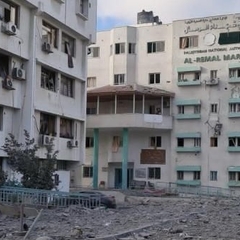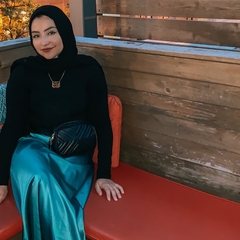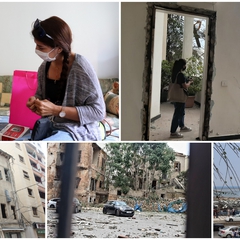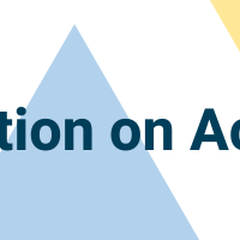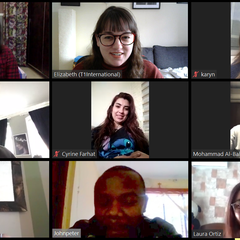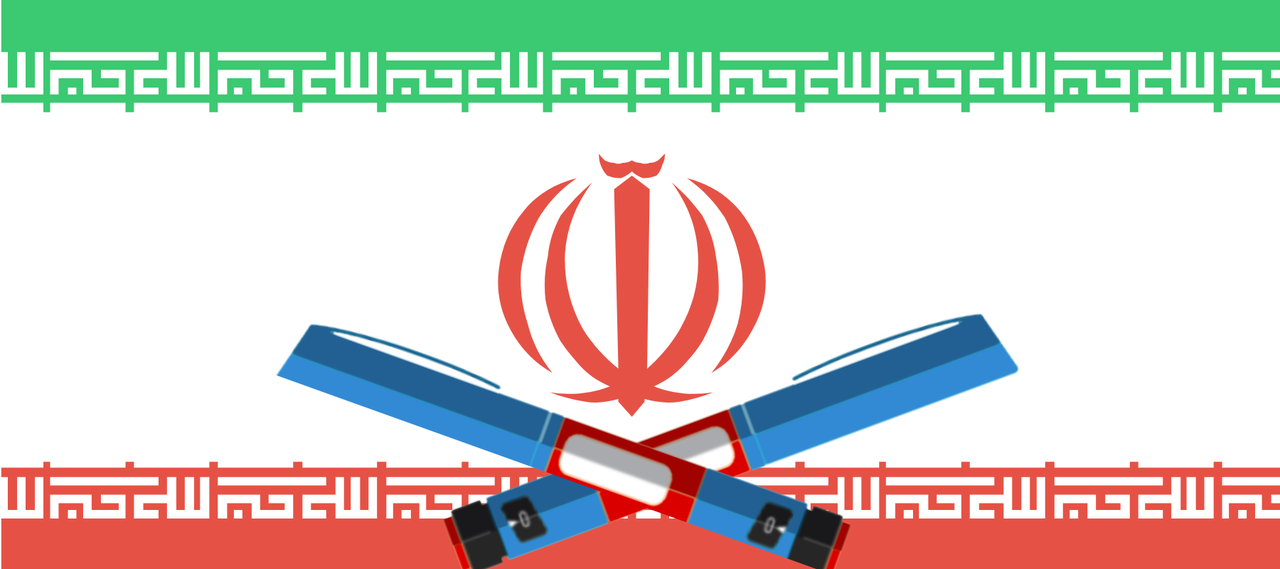
There Is No Insulin in Iran
27 Oct 2020, 6:11 p.m. in Global Stories, News & Statements by Mahsa
To be honest, "there is no insulin" is the actual situation. Shortages of insulin are not something new in Iran, but recently there is no insulin at all. We were shocked by responses from our politicians who said, "The shortage is just for pens and we have plenty of internal production of insulin. People can replace it." However, the types of insulin that are produced in Iran are NPH and R. Few consumers in Iran use NPH. About 70 percent of Iranian people with diabetes use insulin pens.
I myself could only find Novo Rapid insulin that was 10 times more expensive than what I normally pay - and what I paid about three weeks ago. The cost was not logical at all. We have heard many heartbreaking stories. For instance, there was a mother who did not feed her children with diabetes because they couldn't find insulin.
We've made groups on social media and we are using hashtags to support each other with our own insulin, even if we are worried that we won’t have enough. In these days of quarantine, there are already a lot of people dying in Iran because of coronavirus. Now we worry that we will lose more because of the insulin shortage.
People have to search lots of pharmacies in their city. If they are lucky, they can find two or three pens (usually only short-acting ones). Recently, the only available type of long acting insulin pens are with insulin called "Basalin". There is no international evidence and confirmation of safety (such as FDA approval) for this medicine.
In Iran, we just have access to glucose meters. There are no other advanced devices available, such as continuous glucose monitors or other sensors. But now, in addition to our insulin problems, we have to cope with the shortage of glucose test strips, too. How can we control our blood sugar levels without them?
As far as we can tell, it seems like our own government does not consider the current situation to be a serious issue. These days are suffocating for us. We are so unsure about everything and we don’t know exactly why this happened. When we seek an answer, we don't get a proper one. Some say it is because of the economic sanctions imposed on Iran by the USA. Political issues should not affect something like that. People's lives matter.
The government of Iran reacted to recent protests by saying they will distribute 600,000 pens of insulin, but they did not mention the type. Although some of us have found insulin, others are still searching pharmacies and can't find any. I worry that the promise of insulin was meant to make us silent, but we have to keep speaking out. Thank you for helping us to be heard.




